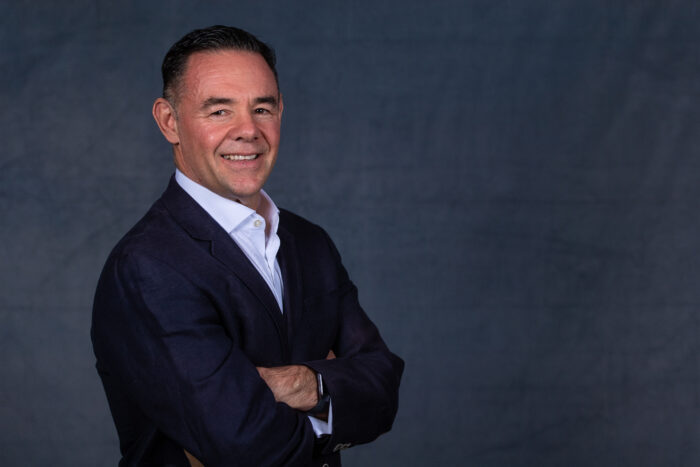Competition for talent is heating up, can recruiting capability keep pace?
- HRM Asia Newsroom

The past year has thrown the world of work into constant and accelerated change, leading to long-lasting and far-reaching changes to our workforces and how we design them. Having the right skills to fuel growth is becoming the new currency in business, as many organisations are beginning to struggle with a growing skills gap that threaten their ability to compete and thrive.
Today’s Talent Acquisition (TA) leaders and teams play a critical role in moving the business forward, equipping them to capitalise on new opportunities and expand operations or geographies at scale. They are still grappling with attracting and acquiring new talent to support business-as-usual, but now they also need to move fast to support critical growth phases and unexpected hiring demands.

“Competition for talent is fierce. Are you getting ahead with your recruitment strategy, or are you at risk of being left behind?” – Neil Jones, Regional Managing Director of APAC, AMS
As the world enters a new phase of economic recovery, the competition for great talent is intensifying the pressure on TA teams. The converging pressures of uncertainty caused by moving out of the pandemic and skills redeployment is creating huge challenges for forecasting and workforce planning.
Should your team navigate the rising tide alone?
The global pandemic has not only changed the way we work; it has permanently changed how we recruit. TA teams around the world are anxiously trying to adapt their talent acquisition strategies to rise to the new talent landscape. But at the same time, many organisations are still operating with reduced resources and their capacity to keep up – much less, anticipate and adapt – is severely limited.
Leading analyst Madeline Laurano of Aptitude Research recently conducted a study into over 400 TA and HR leaders to better understand when and why (and, why not) companies lean into recruitment outsourcing on a project basis to fill their TA capability and capacity gaps.
For many TA teams, partnering with a RPO can feel like an overkill – their challenges might be small in scale and short-lived, or quite simple in nature. But, Aptitude’s survey revealed only 29% of TA leaders are leveraging RPO as a long-term, continuous investment while 73% of those that have used Project RPO had engagements that were only 6 weeks or less.
Most importantly, Project RPO should not be viewed as a stop-gap recruitment measure. In the same survey, 26% of TA leaders appreciate having experienced Project RPO teams working as an extension to in-house TA teams, as they support TA teams in scaling the workforce fast, while sharpening in-house TA capability at the same time.
As the new world of work continues to evolve, organisations are moving quickly to avoid missing growth opportunities. Project RPO’s extensive network of candidates offers TA leaders access to a larger, more diverse talent pool, enabling them to broaden their search and scale workforce with speed, particularly when they face a hiring surge (42%) and expand into new markets (31%).
Time and Tide Wait for No Man (or TA Leader)
However, it can often be hard for TA teams to predict how long a hiring surge will last, or to anticipate a new market expansion. How can TA teams source, engage and hire the right talent, fast? Project RPO may just be the answer.
Project RPO delivers all the benefits an Enterprise RPO offers, just on a smaller scale. It offers a much-needed alternative and provides access to specialist resource – whenever and for however long the TA team needs it.
Regardless of the recruitment challenge or goal, recruitment should never be complicated. This is likely why 45% of surveyed TA leaders relish the simplicity of Project RPO.
In short, Project RPO helps the TA team meet short-term recruitment needs, while preparing for long-term growth and performance
As organisations continue working through the pandemic towards recovery, TA teams play an increasingly pivotal role in getting the right talent onboard, fast. Having a sound recruitment strategy in place will ensure organisations close the talent gap through quality hire and recruiting speed.
Neil Jones is Regional Managing Director of APAC, AMS. Join Jones and Madeline Laurano, Founder, Aptitude Research, at HR Tech Fest Connect 2021, where they will be making a presentation titled Can your recruitment strategy keep pace with changing business priorities?






